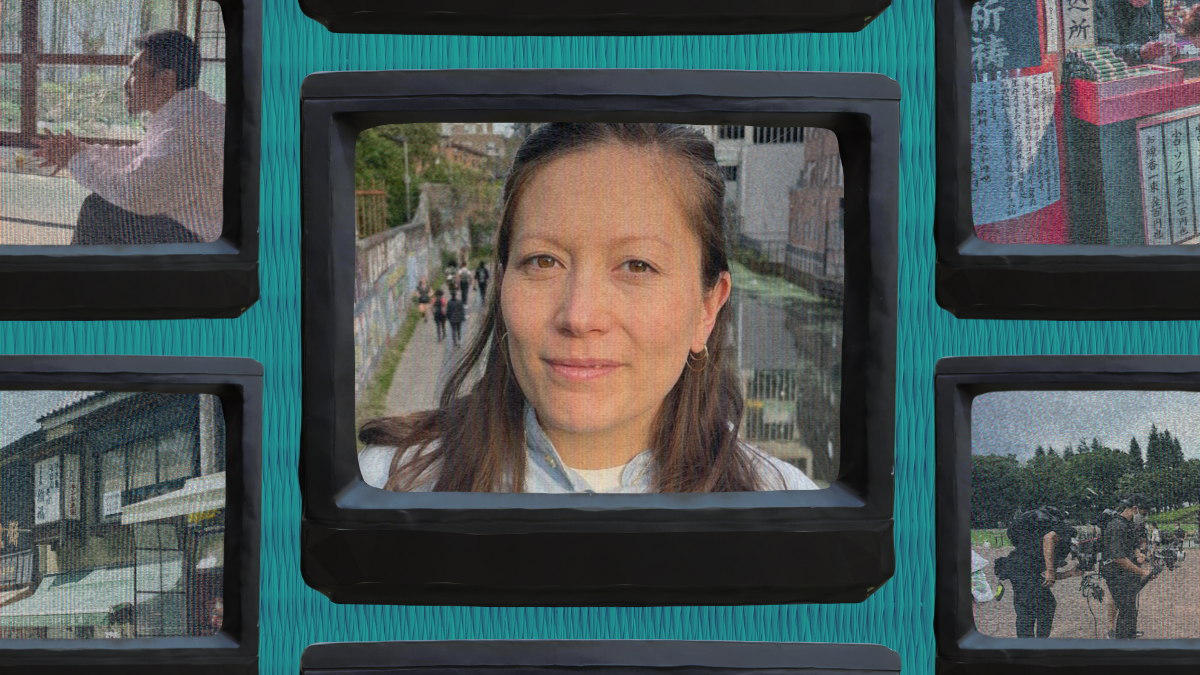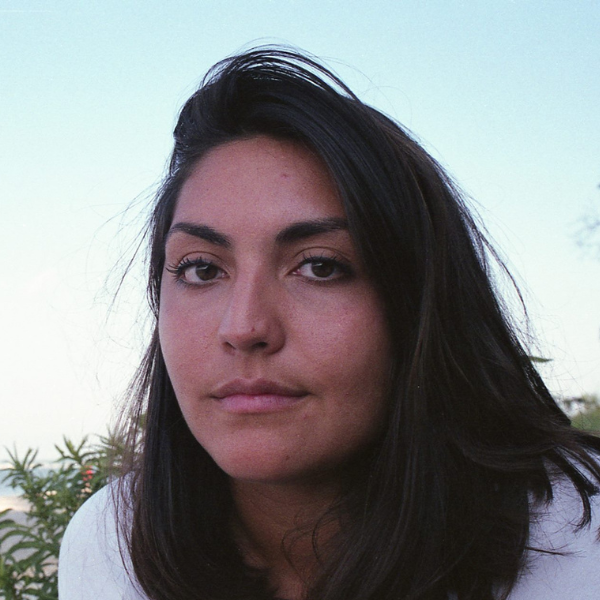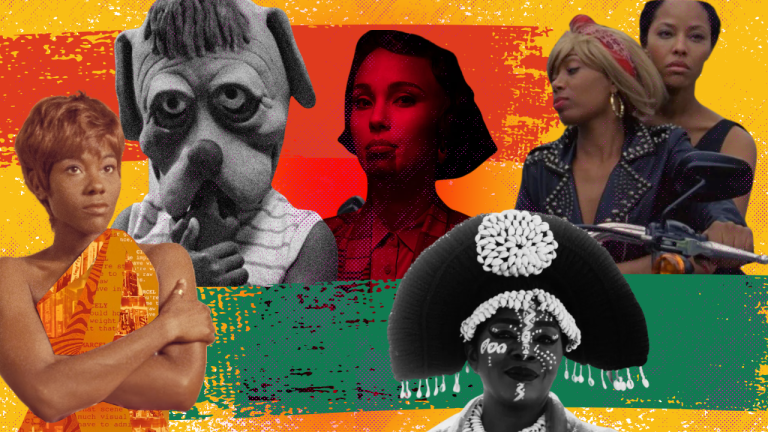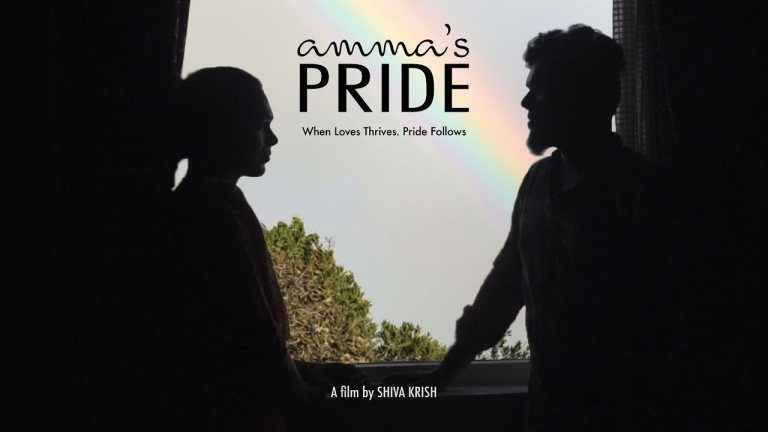
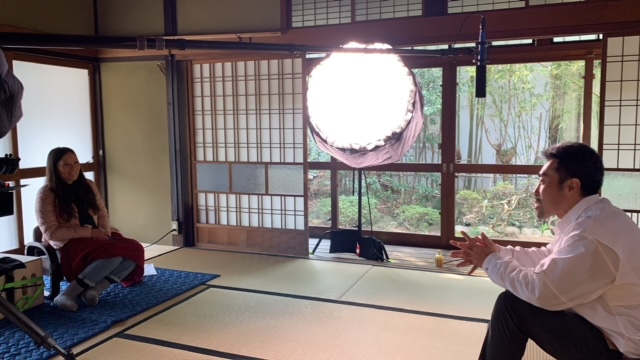
PP: What drew you to working on a project like this?
MI: If you're from Japan, I don't think you can tell this story [fairly] because the TV show was so unchallenged in its concept. It was the most popular TV show in the 90s. No one would have thought what a crazy, uncomfortable program it actually is — myself included. When I was in Japan from [ages] nine to fourteen, I remember watching this on telly and thinking it was hilarious. I didn't register that this was happening to a real human being. When I heard more of the story from [Claire], she had heard a completely different backstory of what was going on from Nasubi’s perspective, [and] I just saw it as an audience member. I thought she was really onto something. It was eye-opening — disturbing — but there's a huge human story here as well. She wanted to tell [the story] with compassion towards Nasubi and Japanese culture.
PP: Do people still think of that program fondly?
MI: Absolutely. People still find the program hugely nostalgic. Nasubi’s show, A Life in Prizes, was a small part of a much bigger program, [which] spanned years. Even now, people my age who watched TV avidly in the 90s and early aughts remember [the show] fondly. [Today] when [people] stop and question what was going on, they might think it was pretty crazy. But that was not the sentiment when we were watching it back in the day.
PP: The documentary making process is about building trust. What was that like for you knowing Claire was telling this story about a community she is not a part of?
MI: Before I even came on, Claire had been working on this herself for a couple of years. She reached out to Nasubi and they were talking [via] Google Translate. Claire had built a very organic and real relationship with Nasubi. He had visited Claire at her house, and they'd gone on holiday together. To me, it was a huge relief. It was heartwarming to see that Nasubi really wanted to be a part of this project. Because I speak Japanese, I [was] even more of a bridge between Claire and Nasubi, and we created a friendship as well. He could say what he wanted, and I would understand it. Nasubi had gone through such a difficult and deceiving experience. We really wanted him to be the one telling his story. We were a way to get his story and his voice out there — something that hadn't really ever happened. Nasubi has been the one guiding us in a big way.
PP: Are there any other green flags that reassured you when beginning this process with Claire?
MI: Claire is such a compassionate person. She will go out of her way to include people in the right way in a production, even if it takes longer. I think it’s more [a question of if] you can spot the red flags. Sometimes, diversity can appear as a bit of a box-ticking exercise. It certainly didn't feel like that in this case. Nasubi helped us massively in making this project happen, as did Toshio, to be honest. Nasubi wanted to make this [film], so he [said], “I will do everything I can to make this happen.” He pulled some strings so that we could get the license to show the original TV show.
We wanted him to feel like he wasn't [just] the subject of this documentary, but also a participant. That's another thing that was a green flag. The culture, mannerisms and etiquette are different in Japan. I think there [is] a directness to British [and] North American business manners. If I said we need to give a bit more explanation, give a bit more time or go about [things] in this certain way, Claire and the production team were really respectful of that. They really took my lead [when] approaching different stakeholders and participants.
PP: Did you feel like you had to make sure that the story wasn't sensationalized?
MI: That was a massive, massive consideration [and] something that we really were mindful of. When you look at the Western interpretation or stereotype of Japanese TV shows, or Japan in the 90s, it’s, “Look at that crazy, crazy Japan.” We would never want to take that approach. [Our story] is about someone who had gone through an incredibly arduous, difficult experience. Not only did he have to go through that — it was [all] public. We were really conscious of staying away from that stereotype. It was a tricky balance, though, because it is a crazy story. It’s unbelievable. You still want to get that across, but you don't want [that] to be interpreted as a cultural thing. At the time, Toshio was [a very] ambitious and brutal producer [and it was] one of the first times something like this had been done. [The audience should be] able to see it as not specific to [Japanese] culture. Reality shows and their conditions now are just as — if not more — extreme.
PP: What are you hoping for the life of The Contestant?
MI: For the moment, we’re doing the festival circuit. We hope that we'll be able to show it at various festivals. We’d love for a really wide audience to see it. I hope that through this film, people will be able to understand what an incredible person Nasubi is, but also have a bit of self-reflection on the kind of TV that we watch nonchalantly. There's some pretty out there TV reality shows in the US which have not led to happy endings for a lot of the people in them. Those shows are still happening, they're still on repeat, or they're still producing new series. At the moment, they're the most popular shows around. But in 10 years time, we may also look back at them and say, “Wow, I can't believe we allowed that on television. I can't believe we allowed people to go through those experiences.”

The Contestant will have its next showing at DOC NYC and will continue the festival circuit.


